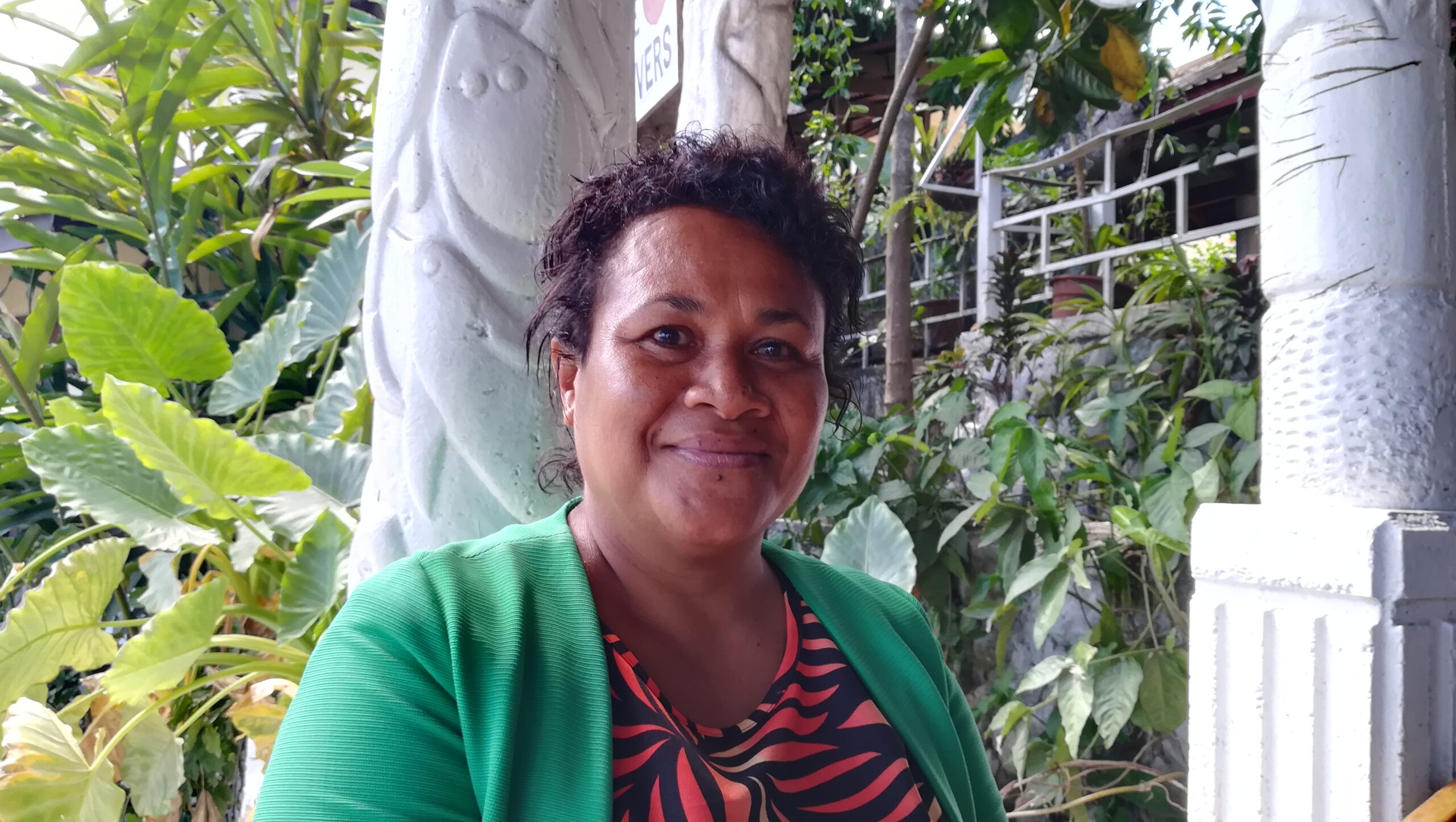BY ALEX DADAMU
THE Solomon Islands’ contemporary food systems were underperforming even before the COVID-19 Health Pandemic and have seen its worst since.
This was according to the Permanent Secretary for the Ministry of Agriculture and Livestock (MAL) Mrs. Ethel Tebengi Frances when addressing participants at the opening of the 2 days Food Systems Summit Dialogues currently underway in Honiara.

She highlighted that people are unable to afford healthy diets and how we produce, process, trade, and consume food is taking a high toll on our health, environment, and economic growth.
“While this current health pandemic may usher in many sad incidences and devastates economies around the globe, including us, it is offering an opportunity for us to rethink our food systems, to redesign new path for self-reliance and access to healthy nutritious affordable food for better health and wealth creation in 2030,” Mrs. Ethel Frances said.
Among the many points with regards to the underlying challenges to the country’s food systems which she shared, the PS Ministry of Agriculture pointed out that there are High levels of food insecurity among the rural and urban populations.
She added that dependency on imported processed food is changing our patterns of food consumption with cheaper imported foods increasingly forming part of Solomon Islanders’ diets, with consequent health implications including malnutrition and a rise in non-communicable diseases.
Meanwhile, also speaking at the dialogue event on behalf of the Permanent Secretary of the Ministry of Health and Medical Services (MHMS), Mrs. Pauline McNeil, the National Director of Nursing, Michael Larui said over 50% of pregnant women have anaemia, and 1 in 7 children is underweight.
“Investing in nutrition is economically sound and considered a “best” investment to save mothers’ and children’s lives and improve children’s education outcome.
“We strive to end hunger and all forms of malnutrition and reduce the incidence of non-communicable disease, enabling all people to be nourished and healthy.
“This goal requires that all people at all times have access to sufficient quantities of affordable and safe food products. Achieving the goal means increasing the availability of nutritious food, making food more affordable, and reducing inequities in access to food,” Mr. Larui highlighted.




